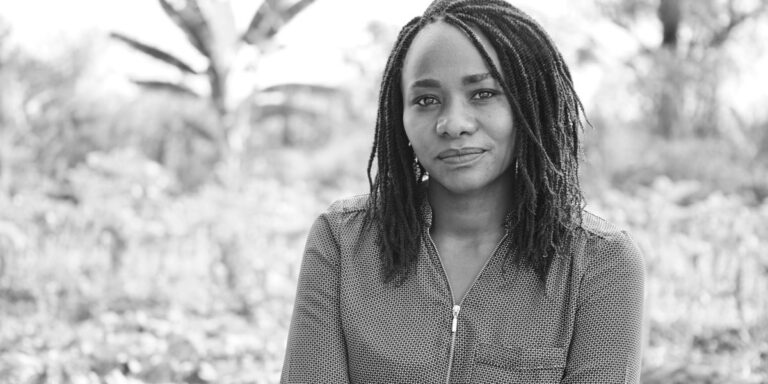In 2004, I went to the clinic for a consultation that would change my life. That was the day I started using birth control.
I didn’t know it at the time, but this decision would set me on a path that would define the rest of my life. It helped me pursue a career in banking, support my family, and even start my own nonprofit. It’s no exaggeration to say that family planning allowed me to prioritize my health and create new economic opportunities.
Unfortunately, the link between women’s health and economic potential is still not fully recognized by decision makers and communities, both here in Kenya and in other parts of the world. This has far-reaching implications for everything from how health policies are made to how boys and girls are raised, preventing women from realizing their full potential.
But the connection between women’s health and economic opportunity is crucial to our collective well-being.
When women are empowered to make fundamental decisions about their bodies and their health, like when to have children, everyone benefits. More girls are able to finish their education and pursue better job opportunities. More women are able to space their pregnancies and invest in their children’s education and health. More women are able to control how they earn income, manage their money, and create new prosperity. Around the world, societies thrive when women have access to the care and services they need, including contraception. One estimate is that addressing women’s health disparities could add $1 trillion to the global economy by 2040. Indeed, healthy women contribute to everyone’s improvement.
This understanding drives our work at Dandelion Africa, a nonprofit I founded in 2009. Our goal is to help women in hard-to-reach rural areas of Kenya receive affordable reproductive, maternal and child health care. As part of our work, we also provide women with business and skills training so they can develop new income streams and pursue different economic opportunities. For us, health and economic empowerment go hand in hand.
Many women come to us during pregnancy and childbirth, when they are most vulnerable but also most open to change. Between 2019 and 2023, we have helped over 100,000 women receive contraception through Dandelion and 6,000 women launch sustainable businesses. The women we support are all using these new resources to support their families and communities, demonstrating the ripple effect that access to information, care and mentorship can have on all of our futures.
Take Cheptoo for example. When Cheptoo first came to Dandelion in 2013, she was 30 years old and already had nine children. At the time, she was struggling to support her large family and wanted a better life for herself and her children, so she came to us to learn more about family planning. Despite her husband’s hesitation, she made the decision to use long-term contraception.
Cheptoo then started a business supplying vegetables to local women, providing a much-needed new income for her family. Now all of Cheptoo’s children are in education, with her eldest daughter aiming to become a biomedical engineer. Cheptoo also upgraded their thatched roof house to a sturdier stone one and is now one of the local thriving fruit and vegetable suppliers. Through all of this, her husband has also become an advocate for contraception.
Cheptoo’s story shows the real potential of choice. Thanks to family planning, Cheptoo has gained new economic opportunities and become a visible figure in her community. Now she uses her voice to advocate for other women and address issues like gender-based violence.
Cheptoo’s story, and my own, proves that when women are in power, it inspires others.
But it’s not enough for women to encourage other women. Boys and men have a role to play too. We need to raise our sons to support women and encourage men to advocate for women’s issues. That’s why Dandelion works with men to educate boys about menstrual hygiene and against female genital mutilation, empowering them to be agents of change too. Thanks to such meaningful efforts, men and boys have a better understanding of women’s health and contribute to promoting gender equality and equality.
It is up to all of us to be the change we want to see. Over the past few weeks, young people in Kenya have already made it clear that they want more choice and opportunity for their future. By working together across gender, sectors and social classes, we can ensure that everyone, especially women, can realise their full potential. If we do that, we will unleash an unstoppable engine of economic development for all.
Further explanation is luck:
Opinions expressed in Fortune.com editorials are solely those of the authors and do not necessarily represent the views of luck.


